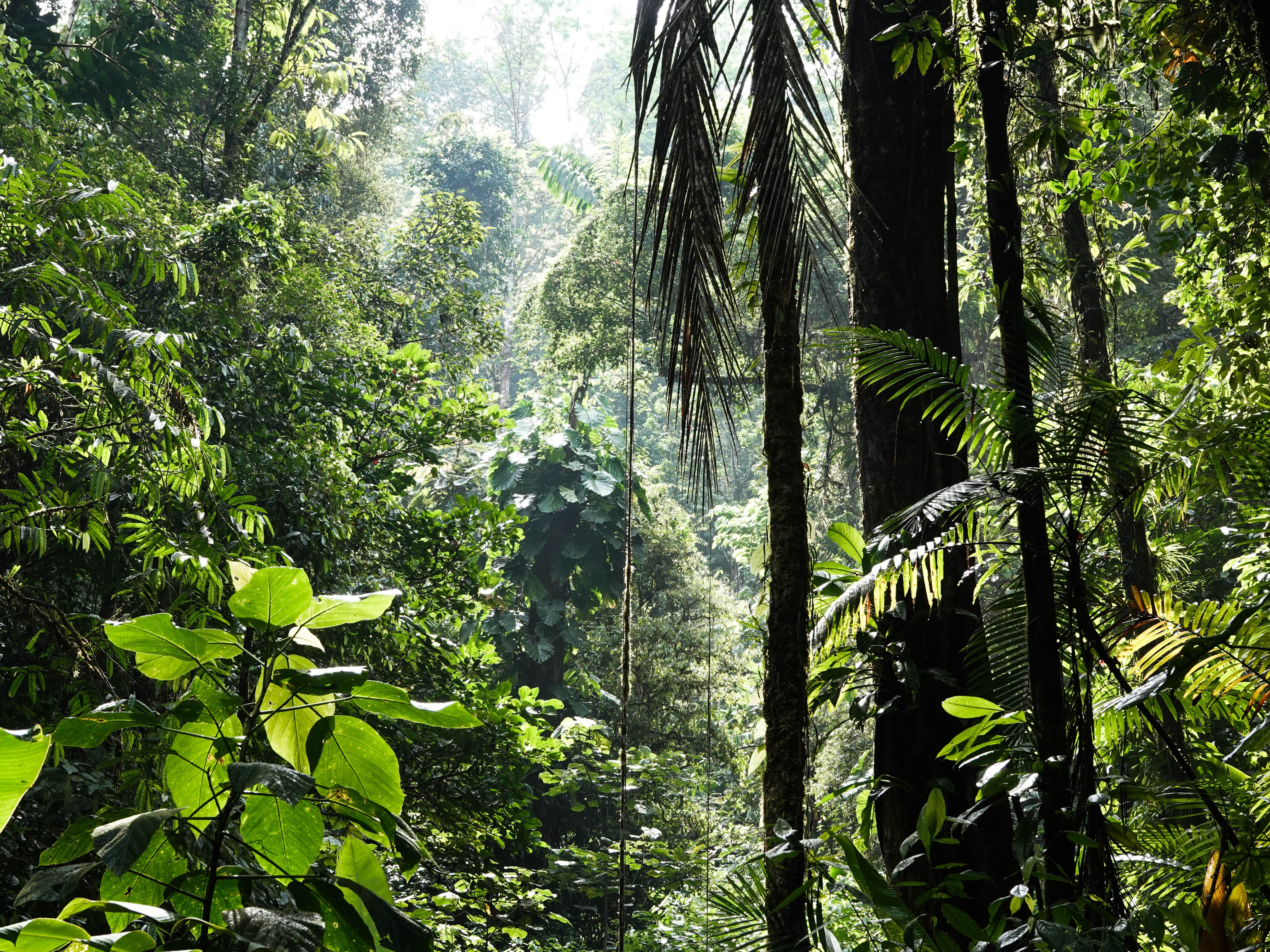Worldwide—Global Centre on Biodiversity for Climate
Client: UK Department for Environment, Food and Rural Affairs (DEFRA)
Duration: 2023-2028
Region: Worldwide
Country:
Solutions: Environment
The Global Centre on Biodiversity for Climate (GCBC) funds research into natural solutions to changes in climate and poverty. By working in partnership with a global network of scientists, academics, and research institutions, the GCBC seeks to develop scalable approaches to the conservation and sustainable use of biodiversity that deliver climate resilience and improve livelihoods.
The program is focused on a systems approach to understanding nature, climate, and people as one system; and a theory of transformative change using evidence (at an individual project level and synthesized at a program level) from funded projects. The ultimate ambition for the project is to uncover locally driven solutions to protecting and utilizing biodiversity that can be publicized throughout the scientific community and by wider adoption by national governments to play a significant part in the world’s efforts to avert catastrophic weather-related impacts.
The GCBC is funded by the UK’s Department for Environment, Food and Rural Affairs (DEFRA), working in partnership with DAI as the Fund Management Lead (FML) and the Royal Botanic Gardens, Kew, as the Strategic Science Lead (SSL).
The GCBC has successfully delivered two Research Grant Competitions (RGC) and manages 32 research projects worldwide (14 from RGC1 and 18 from RGC2).

Sample Activities
- Working in partnership with GCBC’s SSL to develop and implement GCBC’s program strategy.
- Designing and implementing research grant competitions.
- Maintaining regular communication with grantees and competition applicants, responding to questions, and providing advice.
- Managing funded projects, reporting progress and providing technical support where required.
- Conducting monitoring and evaluation activities and supporting knowledge sharing.
Select Results
- Implemented RGC1 Competition in 2023, including the creation of an assessment process (eligibility, technical, commercial), and delivery of five webinars at the application stage. Awarded grants to 14 RGC1 projects in November 2023.
- Refined the RGC1 design into a two-stage process for the second grants competition (RGC2), including designing capacity-strengthening initiatives to support Grantees. 18 project awards were made in November 2024.
- Developed processes to support grantees and guidance, including Grant Management Guidelines.
- Delivered four onboarding webinars to RGC1 and RGC2 Grantees on communications, finance, MEL reporting, and forecasting.
- Published an online Evidence Synthesis Report and Research Strategy and an Annual Evidence Review in 2024.
- Introduced AI-based auto-translation of www.gcbc.org.uk into French, Portuguese, and Spanish, as well as the original English.
- Ran three symposium events to promote outputs and share ideas.
- The two themes for the Third GCBC Research Grant Competition (RGC3) were announced in December 2024. The concept note application window opened January-March 2025. Following the assessment of Concept Notes, the successful applicants from the first round will be invited to submit full proposals for their proposed projects.
All projects from Research Grant Competitions One and Two (RGC1 and RGC2) can be found here.
RELATED CONTENT:
Worldwide—Climate Finance Accelerator 2 (CFA 2)
The Climate Finance Accelerator 2 (CFA 2) is the second phase of a technical assistance program that brings together project proponents, investors, and policy makers to increase flows of climate finance.
Read More